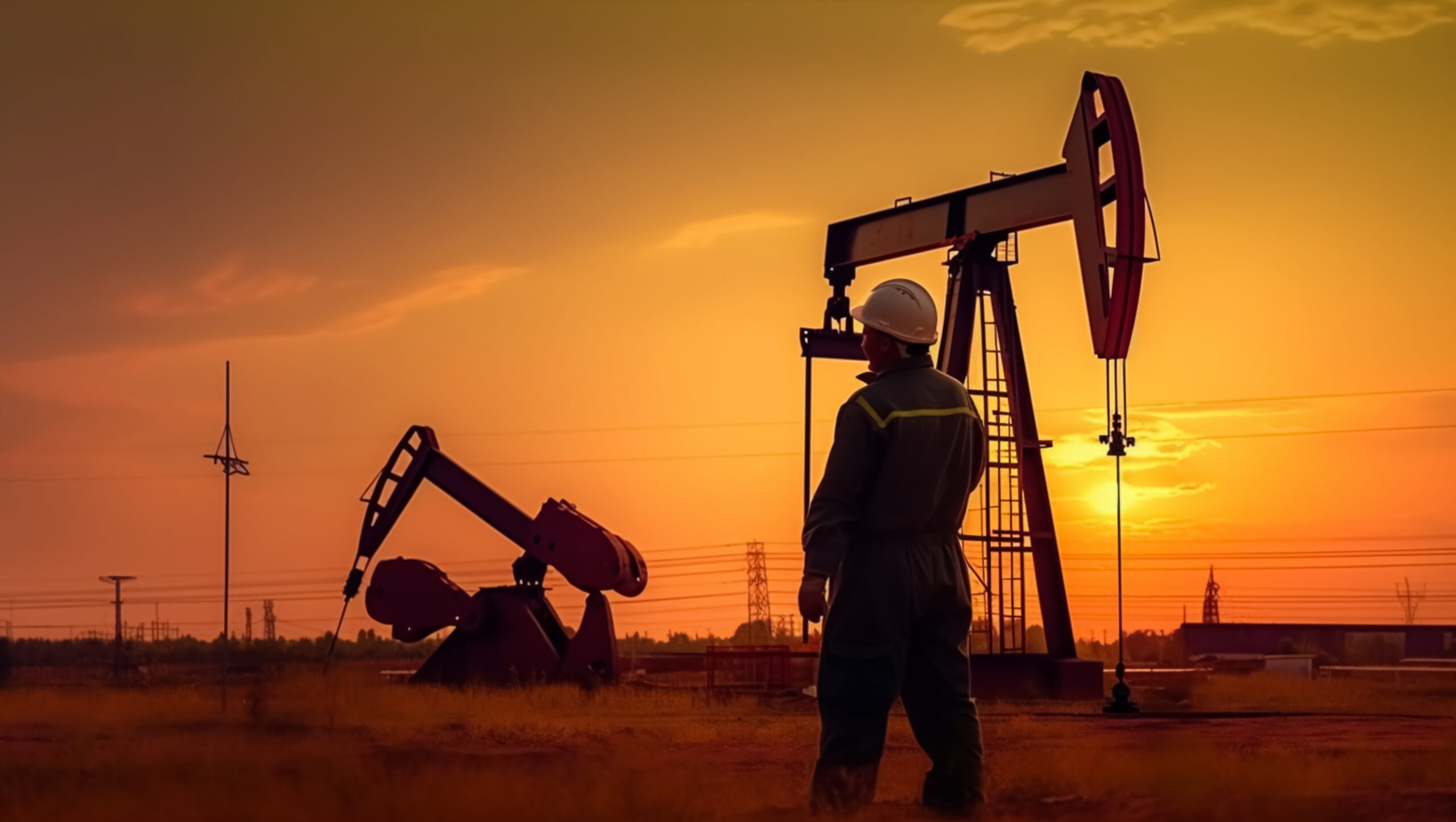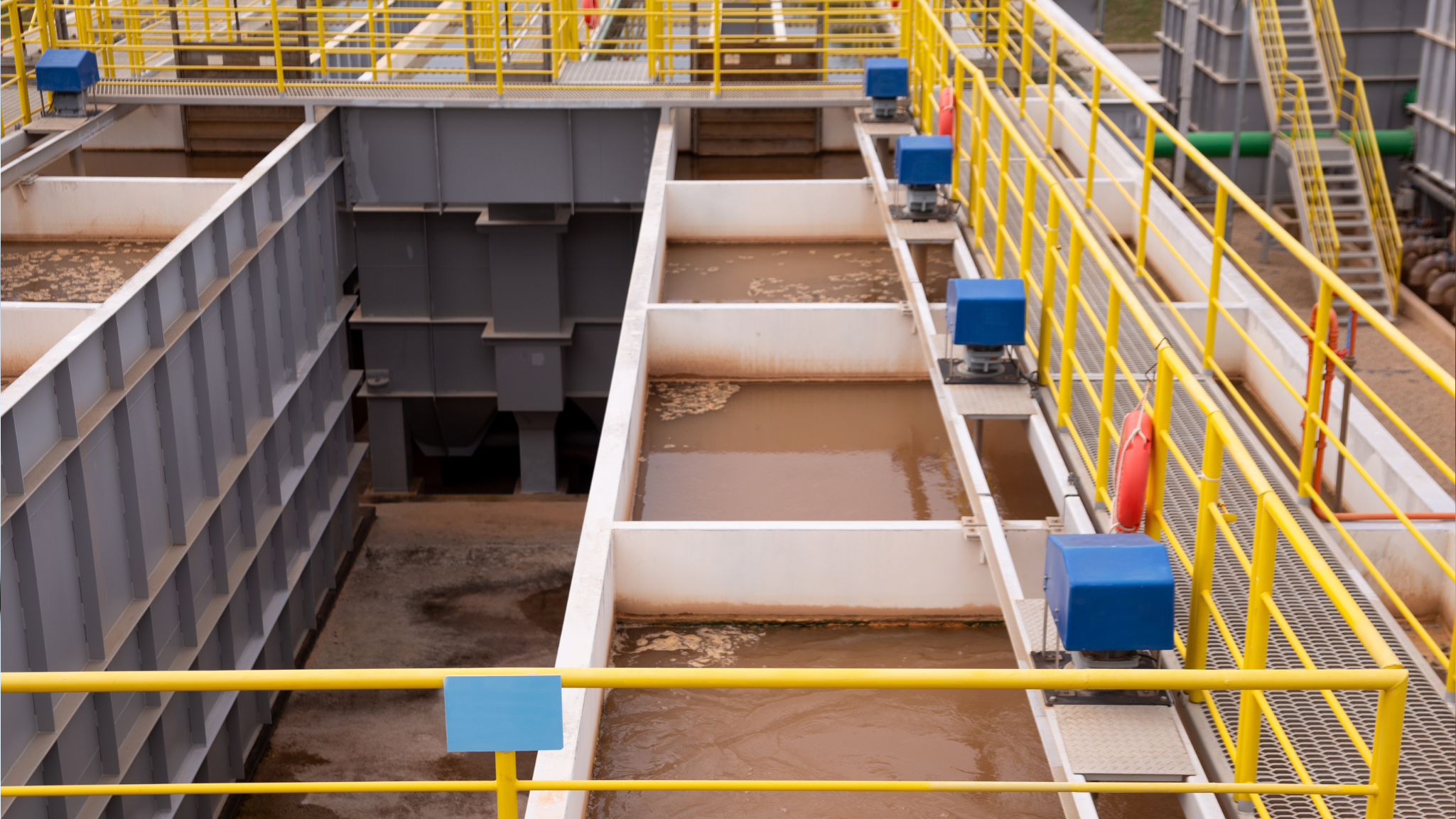Table of Contents
Introduction
Role of Oilfield Chemicals is exploration and extraction of oil and gas are complex processes that heavily depend on the use of specialized chemicals. Known as oilfield chemicals, these substances are integral to various stages of oilfield operations. This article explores the critical role these chemicals play, their types, applications, and the environmental and safety considerations involved in their use.
Understanding Role of Oilfield Chemicals
Oilfield chemicals are used to facilitate the extraction process, ensuring efficiency and safety. These chemicals include demulsifiers, which separate oil and water; corrosion inhibitors to protect equipment; biocides to prevent microbial growth; and surfactants that help in the efficient recovery of oil. Each chemical serves a specific purpose, playing a crucial role in the smooth operation of oilfields.
The Vital Role of Oilfield Chemicals in Operations
The use of oilfield chemicals is not just a matter of convenience but a necessity. These chemicals enable operators to manage the complexities of oil and gas extraction, from drilling to production. They ensure that the oil extracted is of high quality and that the process is environmentally sustainable and safe for workers.
Challenges in Handling Oilfield Chemicals
Despite their benefits, the handling and management of oilfield chemicals present several challenges. These include environmental concerns, potential health risks for workers, and logistical issues in transporting and storing these chemicals. The industry addresses these challenges by adhering to strict safety protocols, investing in research for safer chemical alternatives, and implementing advanced technology for better handling and monitoring.
Innovations and Advancements in Oilfield Chemicals
The field of oilfield chemicals is continuously evolving, with ongoing research and development leading to more efficient, safer, and environmentally friendly products. Innovations include the development of biodegradable chemicals, enhanced formulations for improved performance, and the integration of digital technologies for precision in usage and monitoring.
Environmental and Regulatory Considerations
The role of oilfield chemicals is closely regulated to minimize environmental impact and ensure safety. Regulations cover aspects like disposal, storage, and handling of these chemicals. The industry is also focused on developing sustainable practices and using greener alternatives to reduce the ecological footprint of oil and gas extraction.
Conclusion
The role of oilfield chemicals in the oil and gas industry is indispensable. These chemicals not only enhance the efficiency and safety of extraction processes but also play a vital role in addressing environmental and regulatory concerns. With continuous advancements and a focus on sustainability, the use of oilfield chemicals is set to become even more critical in the future of energy production.
FAQ
What are oilfield chemicals and why are they important?
Oilfield chemicals are specialized substances used in oil and gas extraction. They are crucial for efficient and safe operations, aiding in processes like separation of oil and water, equipment protection, and enhanced oil recovery.
How do oilfield chemicals contribute to oil and gas extraction processes?
role of Oilfield chemicals are essential in managing the extraction process. They help in maintaining the quality of oil, ensuring environmental sustainability, and safeguarding worker safety during extraction.
What challenges arise in the handling of oilfield chemicals, and how are they mitigated?
The main challenges include environmental impact, health risks, and logistical difficulties. These are mitigated through strict safety measures, research into safer chemicals, and the use of advanced technologies for management and monitoring.
What are the latest innovations in oilfield chemicals?
Recent innovations include biodegradable chemicals, improved formulations for better performance, and the integration of digital technology for precise monitoring and management.




